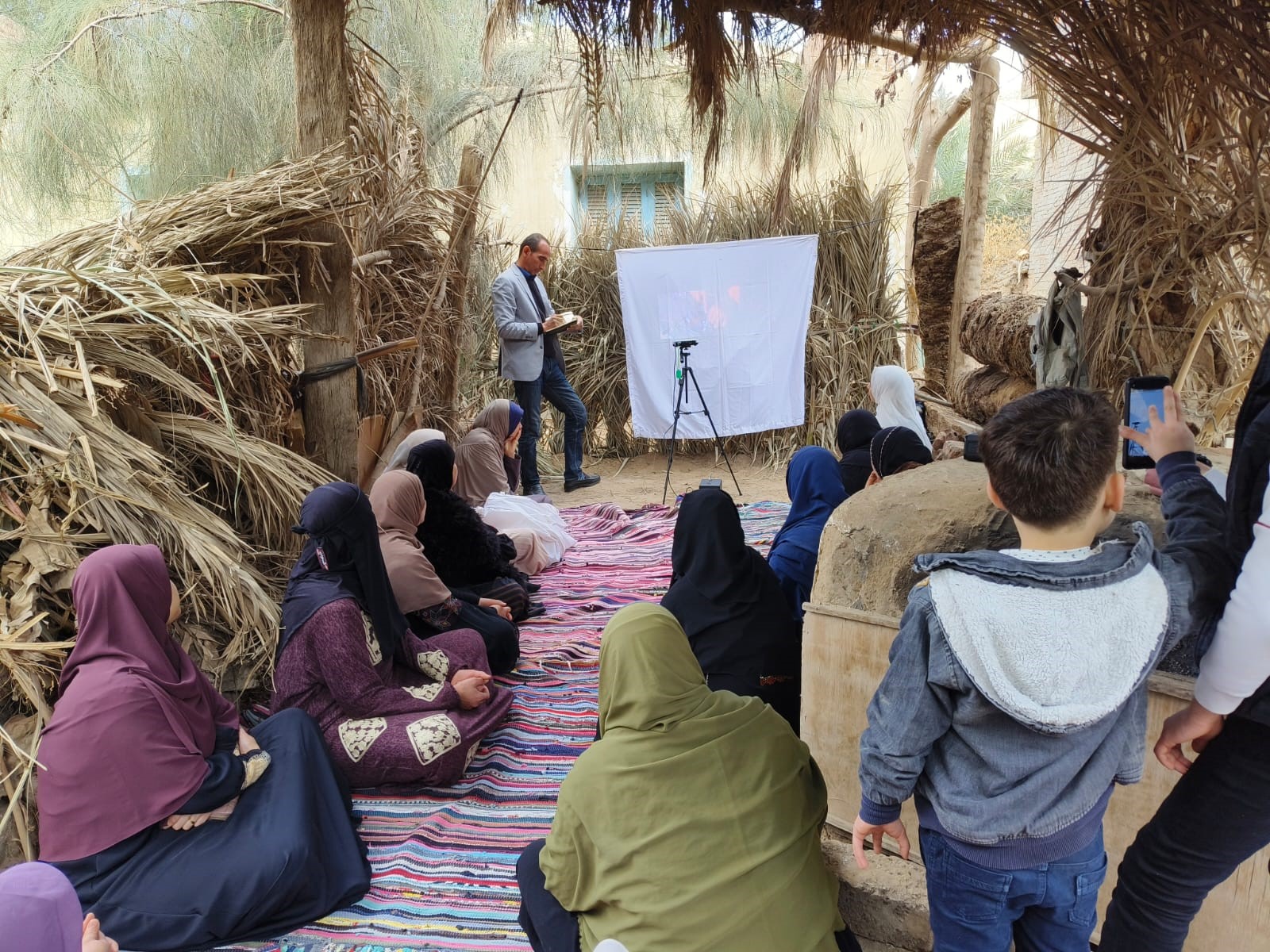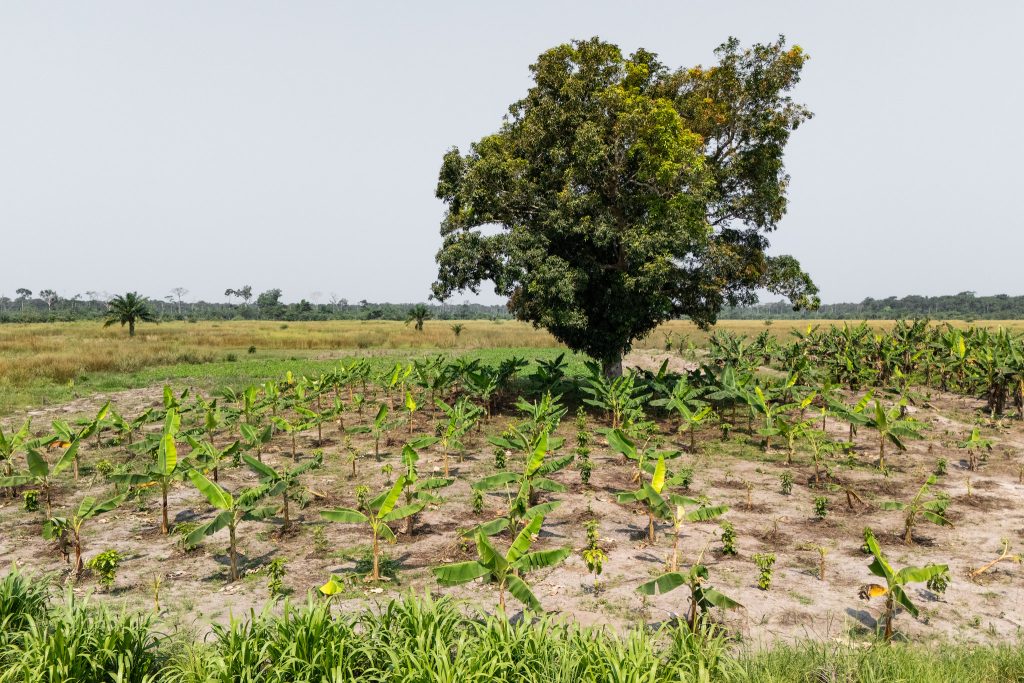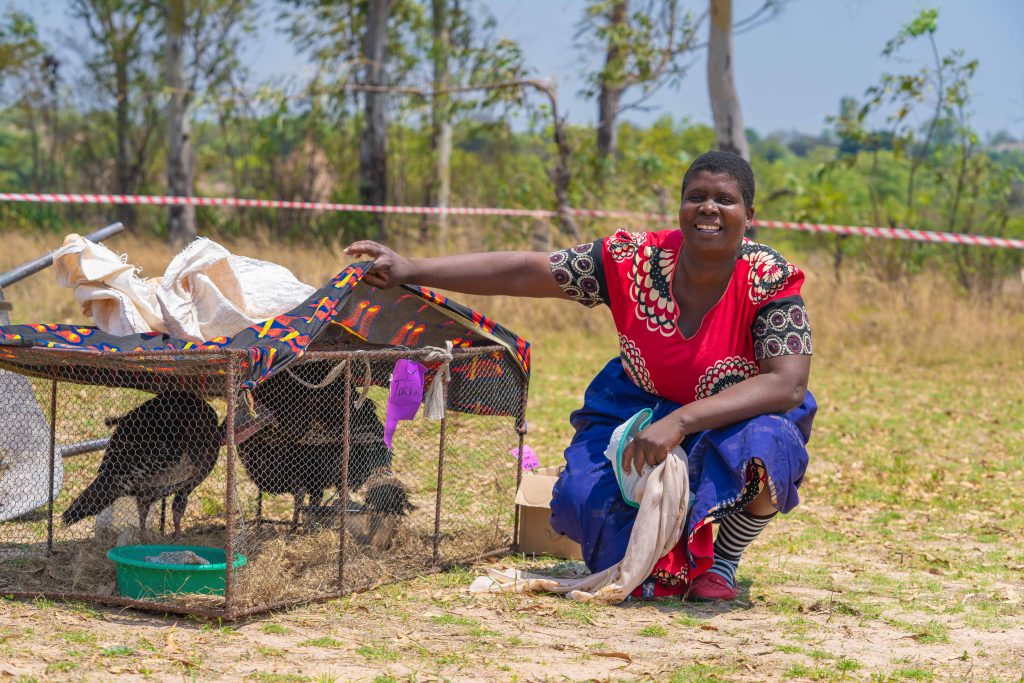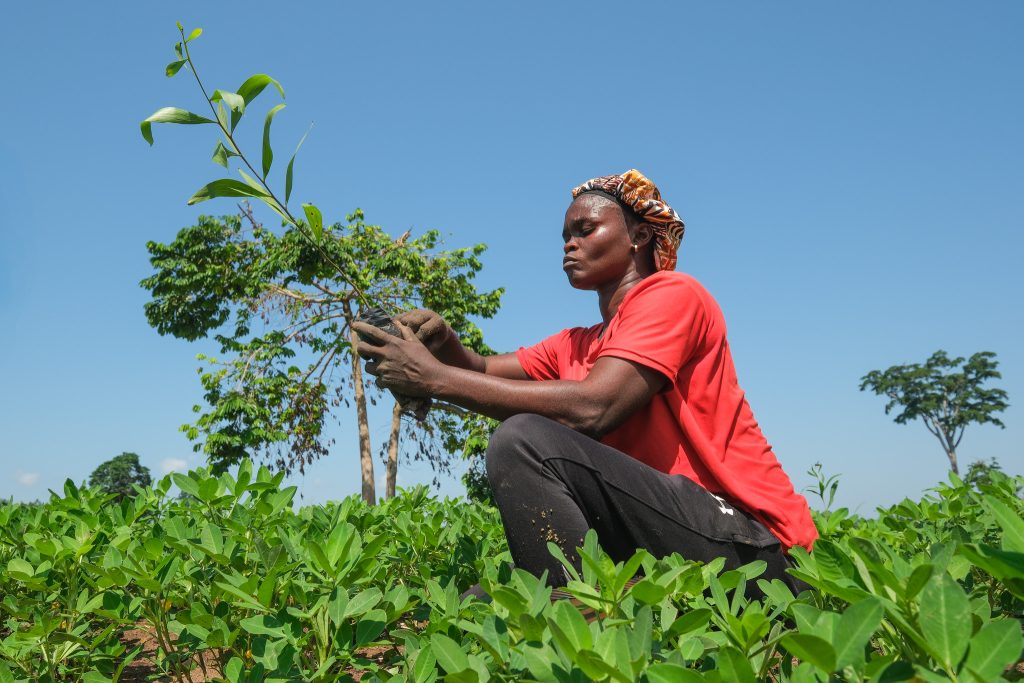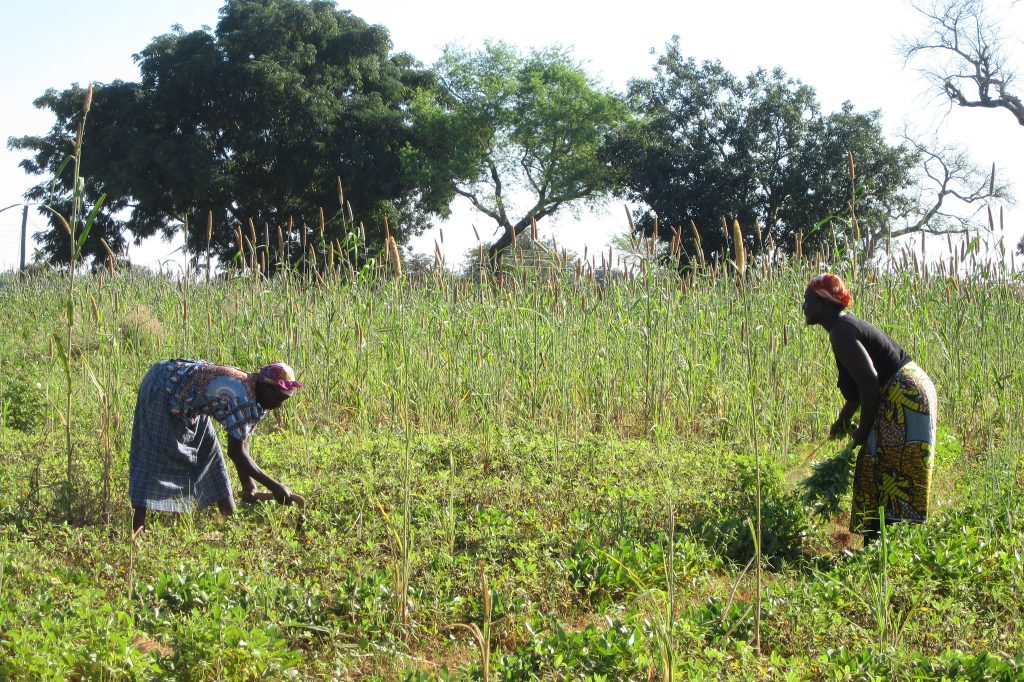Introduction
Recent developments have significantly influenced both the supply and demand for agricultural advisory services (AAS). The rise of digital technologies, in particular, has opened new possibilities for co-creating knowledge with food producers, especially women and youth. However, agroecological approaches are far more knowledge-intensive than conventional fertilizer-based recommendations. As a result, many digital tools continue to reinforce the existing model of high-input agriculture. These decision-support systems often position farmers as passive recipients of information, overlooking the valuable experiential and indigenous knowledge accumulated by generations of farmers worldwide.
In response, alternative models of agricultural research and extension are gaining traction—models that emphasize co-learning, knowledge co-creation, and exchange, rather than one-way technology transfer. Promoting new paradigms for agricultural development, such as agricultural innovation systems and agroecology, calls for rethinking pedagogies. These should embed farmer-to-farmer learning as a key principle to support collaborative research and community engagement.
Information and communication technologies (ICT) and multimedia could play a crucial role in enabling rural development workers and researchers to embrace these evolving roles. Within the Inclusive Digital Agriculture project, Access Agriculture is partnering closely with research institutions, NGOs, farmer organizations, and other stakeholders to strengthen its South-South learning model aligned with the 10 Elements of Agroecology as defined by FAO. Using solar-powered smart projectors, a mobile app in local languages, and youth entrepreneurs as digital literacy facilitators, the project aims to promote the co-creation of knowledge in local languages and to better understand knowledge-sharing dynamics. Additionally, it will explore both the opportunities and challenges of using artificial intelligence to enhance social learning.
Aim
The overall goal is to understand how high-quality farmer-to-farmer learning videos—combined with young private extension service providers (led by women or with women team members) and an AI-powered chatbot integrated into the Access Agriculture Mobile App—can facilitate large-scale co-creation of agroecological knowledge.
The specific objectives are to:
- Train the Ask Agi Chatbot using technical information from NARS, CGIAR centers, NGOs, universities, and private sector partners on bio-inputs, agroecological, organic, and regenerative farming practices, as well as food processing and marketing, in English, French, Arabic, and Hindi.
- Pilot the Access Agriculture youth entrepreneurship model, which integrates farmer-to-farmer video screenings with the Chatbot-supported mobile app.
- Generate insights into Access Agriculture’s digital technologies and extension approach, assessing their inclusiveness and effectiveness in supporting collaborative knowledge creation.
Engage the global research community and develop a multi-stakeholder roadmap to scale up the inclusive digital agriculture model.
Value of Alignment with the Agroecology TPP
The Agroecology TPP brings together global expertise from the CGIAR, NARS, and partner institutions, offering robust technical content that can be used to train the Ask Agi chatbot and enrich Access Agriculture’s library of farmer-to-farmer learning videos with validated, practical information on agroecological, regenerative, and climate-resilient practices in English, French, Arabic and Hindi.
Through TPP-supported joint learning events, cross-institutional partnerships and policy dialogues, the Inclusive Digital Agriculture project can strengthen its participatory design, co-implementation, and scaling strategies. This collaboration would enhance the visibility of Access Agriculture’s digital innovations within international research and development circles, opening pathways for new collaborations and scaling opportunities.
The project also adds value to the Agroecology TPP by offering a practical, inclusive, and scalable model for digital knowledge co-creation, directly supporting the TPP’s vision of transforming food systems through agroecology. Hosting technical content from NARS, CGIAR centers, universities, NGOs, and private sector partners on the Access Agriculture platform will help the Agroecology TPP demonstrate how research outcomes can be applied on the ground to improve resilience, productivity, and sustainability.
Project Scope and Timeline
This project has a one-year timeline, running from November 1, 2025 – December 31, 2026. It is being implemented across Egypt, India and Morocco.
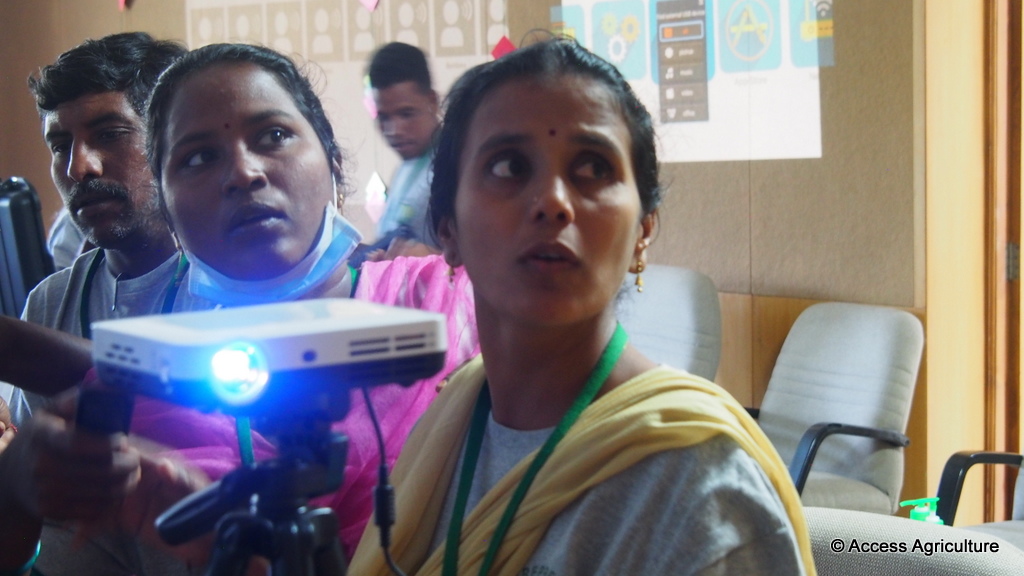
Modality
The Inclusive Digital Agriculture project aims to collaborate with the broader research and development community to identify relevant training materials and information sources that support agroecological transitions. These resources will be hosted on the Access Agriculture video platform to help train the AI-driven chatbot, Ask Agi. The project will be co-designed and co-implemented with a diverse range of stakeholders to ensure inclusivity and relevance. It will also promote active networking and knowledge exchange among NARS and CGIAR scientists across Africa, India, and the MENA region through regional learning events and digital collaboration platforms.
Partners
In this project, we will build partnerships in the coming months with the
- The Agroecology TPP
- CGIAR Capacity Sharing (CapShar) Programme
- Agroecology Coalition
- Regeneration International
As well as NGOs and other stakeholders. Partner list will be updated as it expands.
Contacts
- International Director: Paul Van Mele: paul@accessagriculture.org
- Director of Programs: David Boyer: david@accessagriculture.org
- Executive Director: Josephine Rodgers: jo@accessagriculture.org
- India coordinator: Savitri Mohapatra: savitri@accessagriculture.org
- Regional Representative – MENA region: Laura Tabet: laura@accessagriculture.org
Related Domains
This project cuts across all eight domains of the Agroecology TPP. For more information, visit our domains.
Related Resources
Websites
- Visit the Access Agriculture website
Case Studies
Egypt
- Ahmed Hamdi: From software engineer to successful azolla entrepreneur
- Aya Gamal: The art of farming
- Elham Ahmed: Videos inspire community leaders to emerge in rural Egypt
- Hesham Ismail: A revolving fund for worms
- Mariana Zarif: Combining training with a farm input shop
Morocco
- Jihad El Malih: A major career shift, from IT to agroecology
India
- Abhishekam Vathala: Boosting a bio-input resource centre
- Janaki Bobbili: Reaping health and wealth benefits from nutri-gardens
- Matsyaraju Vanthala: Empowering rural communities in mushroom entrepreneurship
Donors
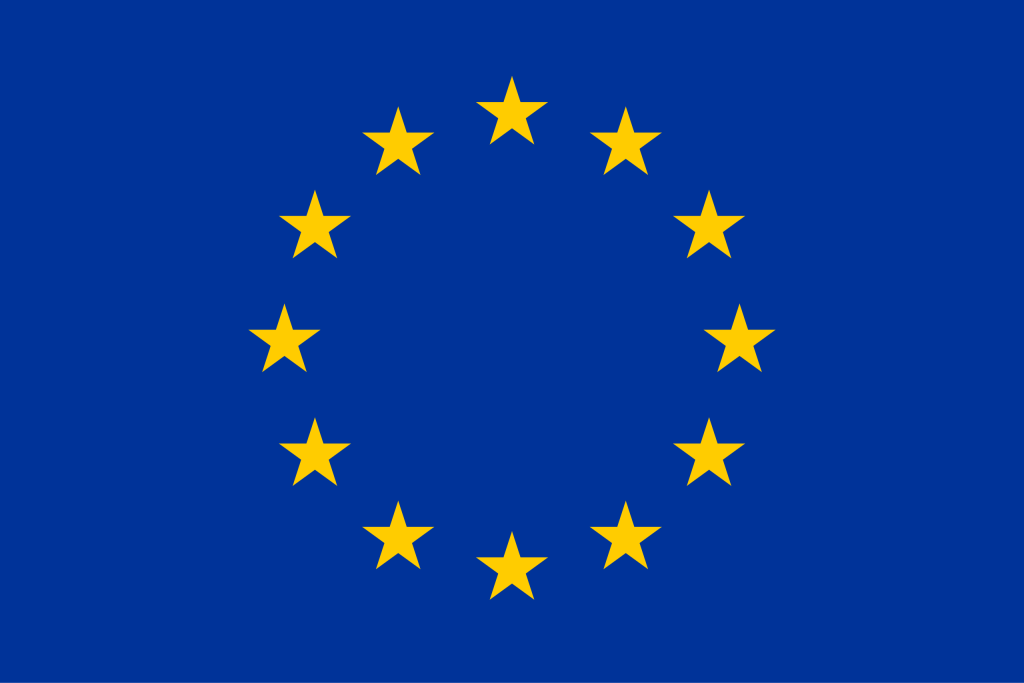
The Inclusive Digital Agriculture project is generously funded by the European Union

